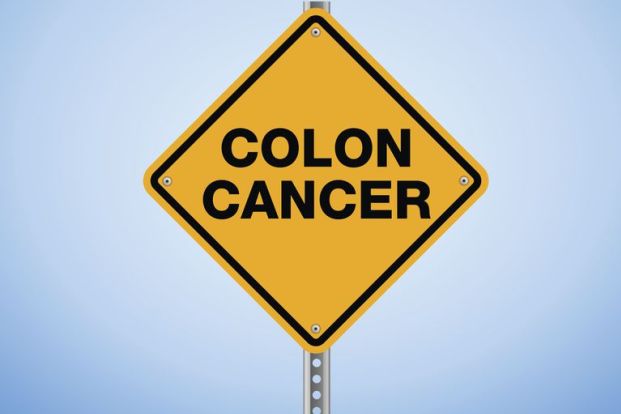Colorectal (Colon) Cancer: Overview and Signs and Symptoms
Apr 19, 2022
Colon cancer is cancer of the large intestine (colon), which is the terminal part of your digestive tract. Several cases of colon cancer begin as small, noncancerous (benign) clumps of cells known as adenomatous polyps.

Over time, few of these polyps can become colon cancers. Polyps may be small and produce few, if any symptoms. For this reason, doctors suggest regular screening tests to help prevent colon cancer by identifying and removing polyps before they turn into cancer. Colorectal cancer symptoms depend on the size and location of the cancer. Some commonly experienced symptoms include changes in bowel habits, changes in stool consistency, blood in the stool and abdominal discomfort. Many of these symptoms can be caused by conditions other than colorectal cancer, such as infection, hemorrhoids or irritable bowel syndrome. Colorectal cancers can often bleed into the digestive tract. Sometimes the blood can be seen in the stool or make it look darker, but often the stool looks normal. But over time, the blood loss can build up and can lead to low red blood cell counts (anemia). Sometimes the first sign of colorectal cancer is a blood test showing low Hemoglobin levels and hence, Anaemia. Many people with colon cancer don’t have symptoms. That’s why it is so important to keep up with routine screening tests.
Signs and symptoms of colon cancer include:
• A change in your bowel habits, including diarrhea or constipation or a change in the consistency of your stool, that lasts longer than four weeks
• Rectal bleeding or blood in the stool
• Persistent abdominal discomfort such as cramps, gas or pain
• A feeling that your bowel doesn’t empty completely
• Weakness or fatigue
• Unexplained weight loss
Risks of Colorectal (Colon) Cancer
Age. The disease is most common in people over age 50, and the chance of getting colorectal cancer increases with each decade.
Gender. Colorectal cancer is more common among men. Men and women are equally at risk for colon cancer, but men are more likely to develop rectal cancer.
Polyps. These growths on the inner wall of the colon or rectum aren’t cancer, but they can be precancerous.
Family history. Do you have a parent, brother, sister, or child who has had colorectal cancer? That makes you more likely to get it, too.
Diet. People who eat a lot of fat and cholesterol and little fiber may be more likely to develop colorectal cancer.
Lifestyle. You may be more likely to get colorectal cancer if you drink a lot of alcohol, smoke.









